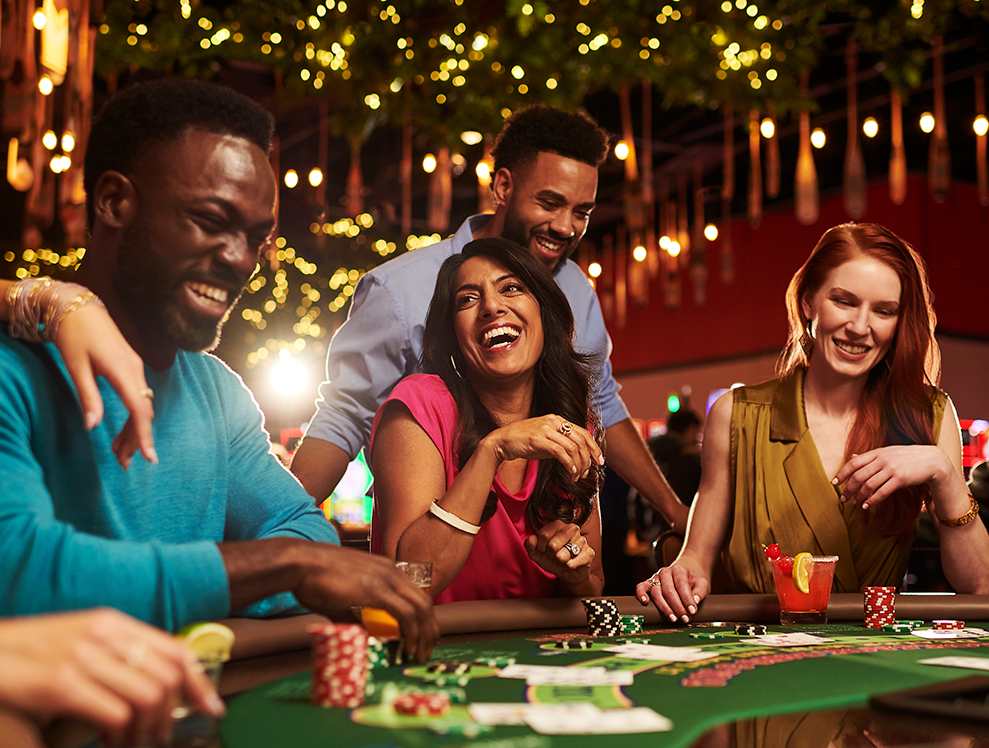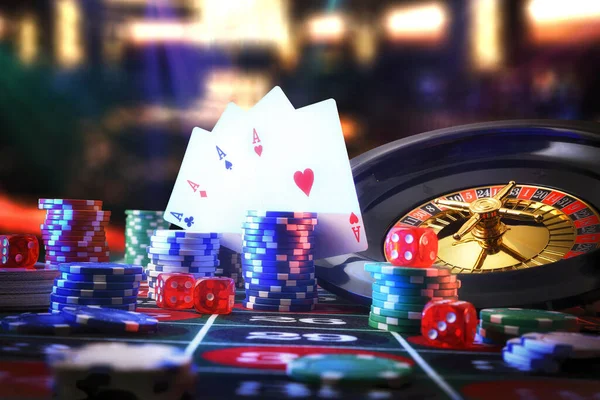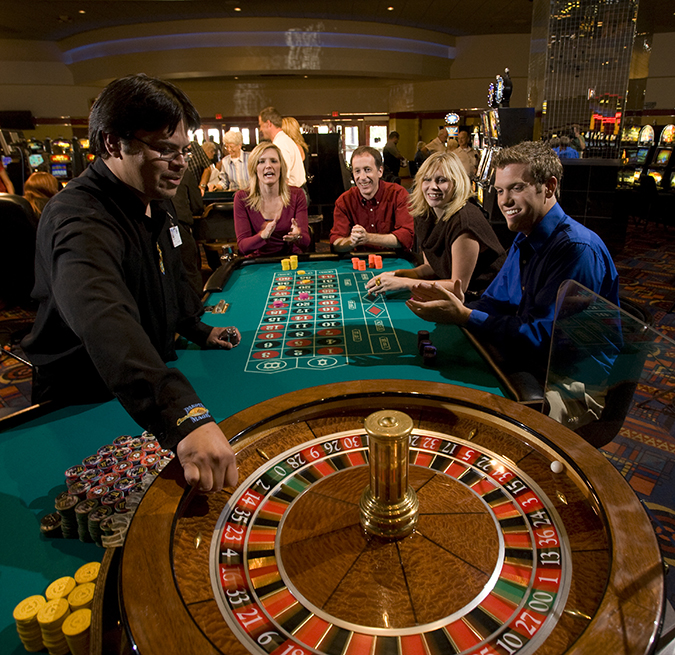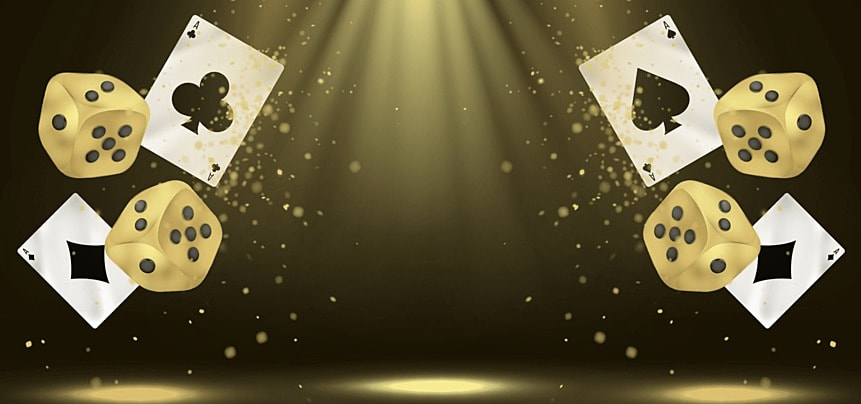The Win That Keeps You in the Game
Most gamblers have said it: “Just one more bet, then I’ll stop.” It’s a line that feels safe – a promise to yourself, a boundary you intend to keep. But when that “last bet” turns into a win, something strange happens. Instead of closing the session, the win feels like an invitation to continue. You can visit 5gringos, where players experience this shift every day: a final spin that becomes the first of many more.
Why does a victory – which could be the perfect note to end on – often push us deeper into the game? This article explores the paradox of the exit plan ruined by success, uncovering the psychology, emotional triggers, and design elements that make quitting after a win so unexpectedly hard.
The Original Promise – “After This, I’m Done”
Players set mental end-points for many reasons:
-
To manage time or money.
-
To preserve a sense of control.
-
To keep gambling recreational.
The “last bet” idea works as a mental anchor – a way to finish with dignity, regardless of the outcome.
When the Last Bet Wins
A win at the point of intended exit triggers:
-
An emotional surge (dopamine, adrenaline).
-
A reevaluation of goals (“Maybe I can double this”).
-
A disruption of closure – ending feels premature when momentum is on your side.
The Victory Paradox
Why Winning Feels Like a Signal to Continue
From an evolutionary standpoint, success is a cue to press the advantage. In gambling, this instinct misfires:
-
The win is seen as proof of a “hot streak.”
-
Ending on a win feels like wasting opportunity.
Cognitive Dissonance at Play
You promised yourself you’d stop, but your brain argues:
“Yes, but now is the best time to keep going.”
How Casinos Amplify the Moment
Game design often enhances post-win temptation:
-
Animations and sounds that celebrate the victory.
-
Quick re-bet options that shorten the pause for reflection.
-
Visible balance updates that make your new total look ripe for reinvestment.
The Role of Momentum Psychology
Sports psychologists talk about “momentum” as a perceived increase in control and predictability after success. In gambling:
-
Momentum is illusory – the odds haven’t changed.
-
The feeling of momentum drives continued play.
Expert Insight – The “Peak State Trap”
Behavioral scientists call the post-win period a peak state – a temporary high that skews decision-making:
-
Risk feels less risky.
-
Time feels less urgent.
-
Losses feel easier to recover from.
The Shift from Closure to Curiosity
Initially, the last bet is meant to close the session. After a win:
-
Closure turns into curiosity: “What if I try one more?”
-
The desire for a better ending replaces the original plan.
Case Study – “I Was Ready to Stop Until I Won”
Marta, a regular online slots player, recalls:
“I had my coat on. Then my last spin hit a big win. Suddenly, stopping felt like throwing away a gift. I stayed another hour and gave half back.”
Why Losses Don’t Disrupt Exit Plans in the Same Way
Ironically, losing the last bet often reinforces the decision to leave:
-
It confirms the original stopping point.
-
It removes the temptation of “house money.”
Winning, on the other hand, creates unfinished business.
The House Money Effect
Economists describe this as treating recent winnings as less valuable than your original stake:
-
Players feel freer to risk “casino’s money.”
-
This mindset ignores that all funds are equally yours once won.
The Role of “What If” Thinking
Winning sparks counterfactual thoughts:
-
“If I won this much in one spin, imagine the next spin.”
-
“What if I’m on a rare lucky streak?”
These thoughts override the rational boundary you set.
Game Design and Emotional Timing
Casino games – both physical and online – often pace results to:
-
Deliver quick follow-up opportunities.
-
Keep emotional engagement high.
-
Limit the “cooling-off” period after a win.
At casino, fast re-spin features are popular because they keep the post-win energy alive.
Breaking the Cycle – Stopping After a Win
Awareness Strategies
-
Decide on a cash-out trigger before starting.
-
Use withdrawal locks to make winnings less immediately available.
Emotional Reframing
-
View ending on a win as a victory, not a lost opportunity.
Responsible Gaming Tools for the Win Exit
Platforms can help by:
-
Offering “session end” prompts after big wins.
-
Providing customizable win limits alongside loss limits.
-
Displaying celebratory messages that also encourage a pause.
An Unusual Angle – The “Story Ending” Problem
Gamblers are natural storytellers of their own play. The last bet is meant to be the story’s final scene. Winning changes the plot mid-sentence, making it harder to close the book.
Final Thoughts – Keeping Your Word to Yourself
The hardest promises to keep are the ones you make privately. In gambling, victory can feel like permission to break them. At casino, players who recognize this pattern often enjoy longer-term satisfaction, because they learn to end their story where they intended – even if the last chapter is a triumph.





